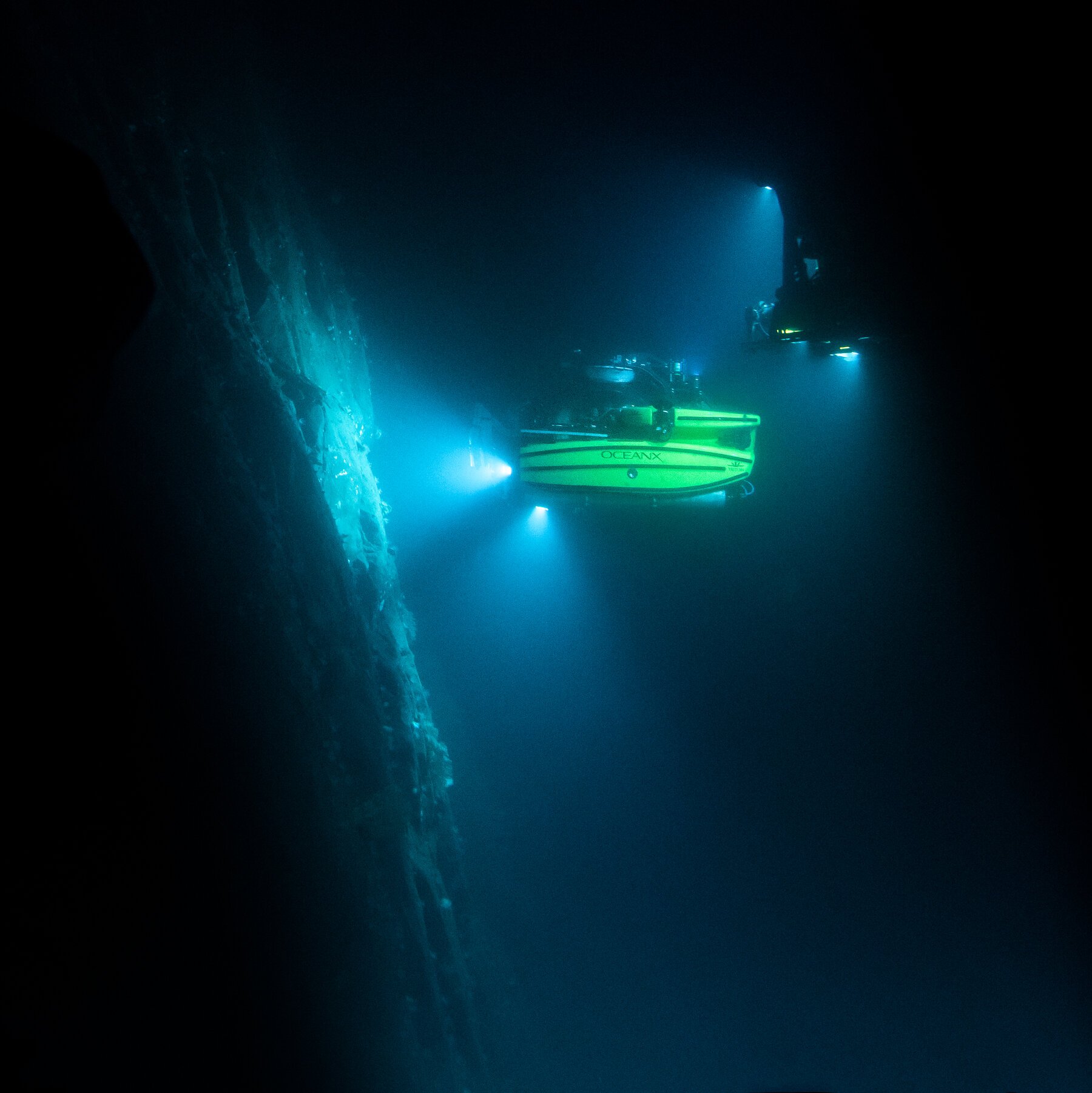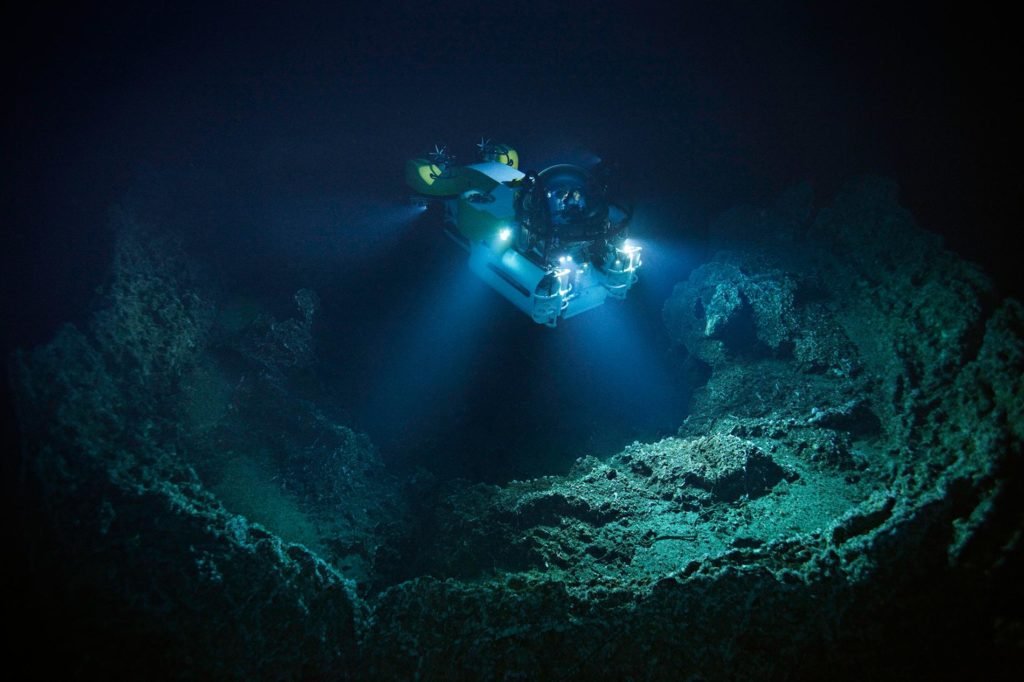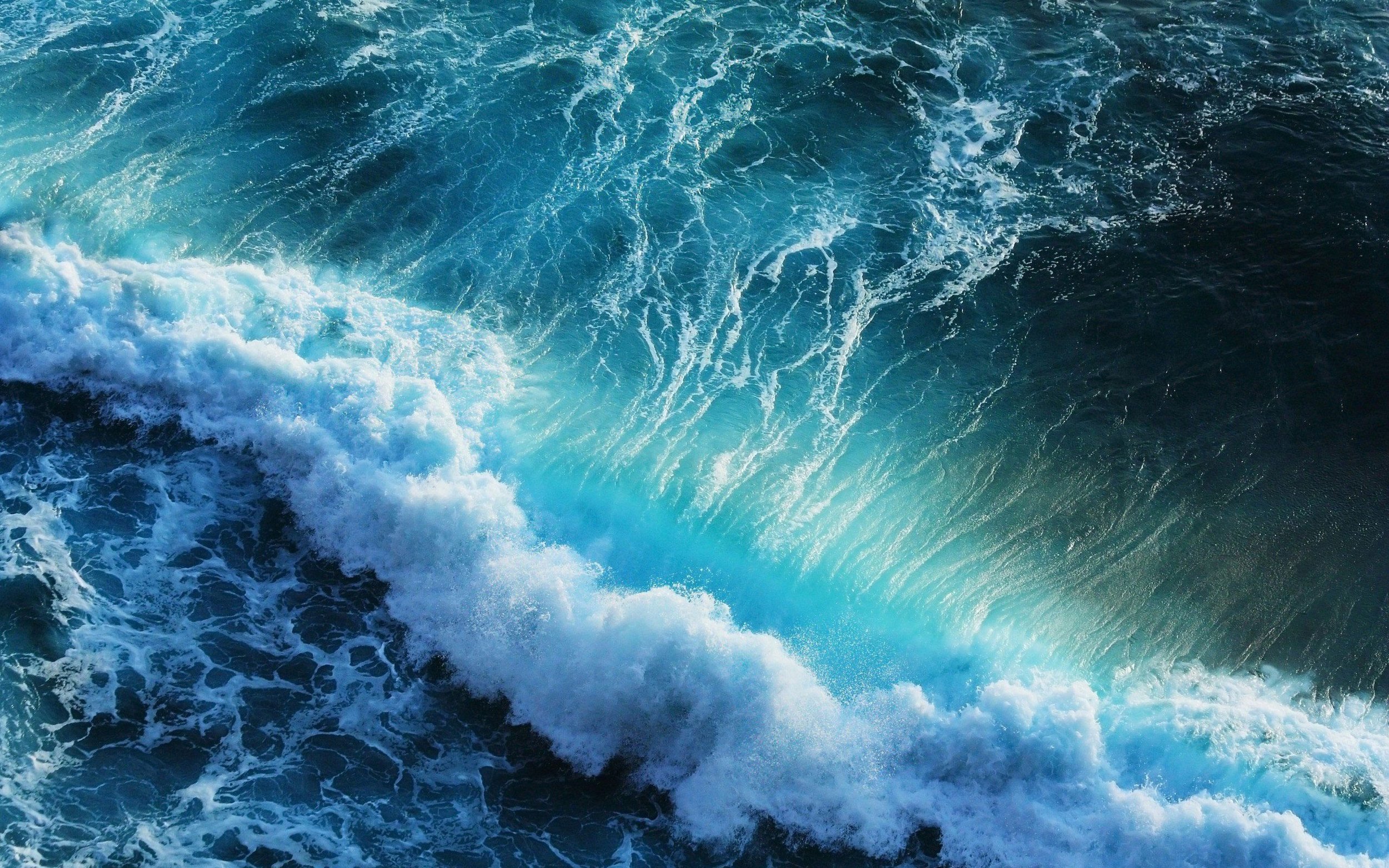Current Research
The Juniper Lab, School of Earth and Ocean Sciences, University of Victoria
Hydrothermal vents and deep-sea mining.
In 1977, the discovery of hydrothermal vents altered global perspectives concerning the boundaries of biological systems. These extreme environments redefined maximum temperature limits for life on Earth, and provided novel resources for medicine and technology advancements. The majority of current commercial interests concerning vents focus on seafloor massive sulphide deposits, but not much is known about these environments and how they will be affected by deep-sea mining, particularly pertaining to the microbes vents host along their lifecycle.
Researching mineral and microbial resources of the deep sea.
Moronke’s graduate thesis focuses on using a combination of seafloor mapping, photogrammetric surveys, and microbial genetics to evaluate microbial community structure along a gradient from active hydrothermal vents to extinct, eroding mineral deposits.
In tandem with her advisor, Dr. S. Kim Juniper, she is exploring approaches for addressing potential use conflict between mineral (seafloor massive sulphide deposit) and microbial (genetic) resource extraction.
This will inform current discussions about biodiversity and ecosystem function loss that may result from deep-sea mining of sulphides at hydrothermal sites.

Research Focuses
-

Hydrothermal Vents
-

Deep-sea Mining
-

Microbial Ecology
-

Photogrammetry
-

Seafloor Mapping
-

Bioprospecting Biopharmaceuticals

Life in the absence of light, over 1000 meters below the ocean’s surface.


